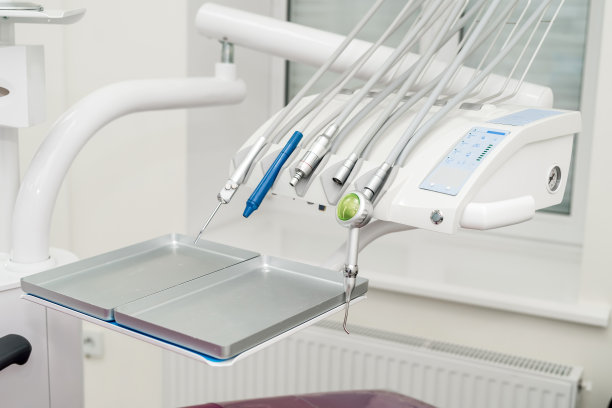Essential Dental Filling Precautions to Ensure Optimal Oral Health and Long Lasting Results After Your Treatment
Summary: Dental fillings are an essential component of restorative dentistry, playing a crucial role in maintaining optimal oral health. Following proper precautions after a filling treatment can ensure long-lasting results and prevent additional complications. This article highlights essential precautions, covering the importance of aftercare, dietary recommendations, the significance of oral hygiene, and the necessity of regular dental check-ups. Adhering to these guidelines can significantly enhance the longevity of your fillings and overall dental health.
1. Importance of Aftercare for Fillings

After receiving a dental filling, proper aftercare is paramount to ensure the success of the treatment. Initial discomfort, swelling, or sensitivity is common after the procedure. It is advisable to avoid chewy or hard foods immediately following the filling to allow your teeth to acclimate. This careful approach aids in preventing further damage to the filling while safeguarding your oral health.
Another critical aspect of aftercare involves managing sensitivity. If you experience prolonged sensitivity to hot or cold substances, avoid these stimuli during the first few days. If sensitivity persists beyond a few weeks, it is imperative to consult your dentist, as it may indicate a problem with the filling or surrounding tooth structure.
Additionally, following your dentists specific aftercare instructions is vital. Dentists often provide tailored advice based on the type of filling material used and your individual dental needs. Paying close attention to these guidelines can prevent complications and promote successful healing.
2. Recommended Dietary Choices Post-Filling
Your diet plays a significant role in the success of your dental fillings. For the first 24 hours post-treatment, it is wise to stick to soft foods and liquids. Examples include yogurt, smoothies, and applesauce, which minimize the risk of dislodging the filling or putting undue pressure on the treated tooth.
After the initial 24 hours, gradually reintroduce harder foods, but avoid sticky or extremely hard items that could compromise the integrity of the filling. Foods like nuts, candies, or even hard crusts can result in premature wear or damage to your filling.
Moreover, maintaining a balanced diet rich in vitamins and minerals can bolster your overall oral health. Foods high in calcium, such as dairy products or leafy greens, help strengthen tooth enamel and improve oral resilience against decay, contributing to the longevity of your fillings.
3. The Significance of Oral Hygiene Practices
After receiving a dental filling, rigorous oral hygiene practices become more important than ever. Brushing your teeth at least twice a day and flossing daily can help prevent further decay, particularly around the filling site. Careful brushing around the filling ensures that plaque does not accumulate, reducing the risk of future cavities.
Using fluoride toothpaste can enhance your enamels strength and protect against decay. Fluoride helps remineralize areas that may have started to weaken, helping to prolong the longevity of both your fillings and natural teeth.
Moreover, visiting your dentist for professional cleanings and check-ups is crucial. Regular cleanings help maintain gum health and can catch potential issues before they escalate, ensuring any problems can be addressed swiftly, thus preserving the integrity of your fillings.
4. The Necessity of Regular Dental Check-Ups
Regular dental check-ups are essential for maintaining optimal oral health. These visits allow your dentist to monitor the condition of your fillings and identify any potential issues early. Professional evaluations can spot signs of wear, leakage, or decay around the filling, preventing further complications.
During check-ups, your dentist can also provide personalized advice on managing any oral health concerns you may have, including addressing new sensitivity or discomfort that can arise after dental fillings. Regular visits keep you informed about the best practices for maintaining your overall dental health.
Additionally, these appointments can help foster a proactive relationship with your dentist, ensuring you remain informed about changes in your oral health. Staying ahead of potential issues safeguards the longevity of your fillings and enhances overall oral care.
Summary:
In conclusion, maintaining optimal oral health post-dental fillings involves a combination of careful aftercare, dietary modifications, diligent oral hygiene, and regular dental visits. Paying attention to these recommended precautions can ensure the longevity of your fillings and overall dental well-being.
This article is compiled by Vickong Dental and the content is for reference only



